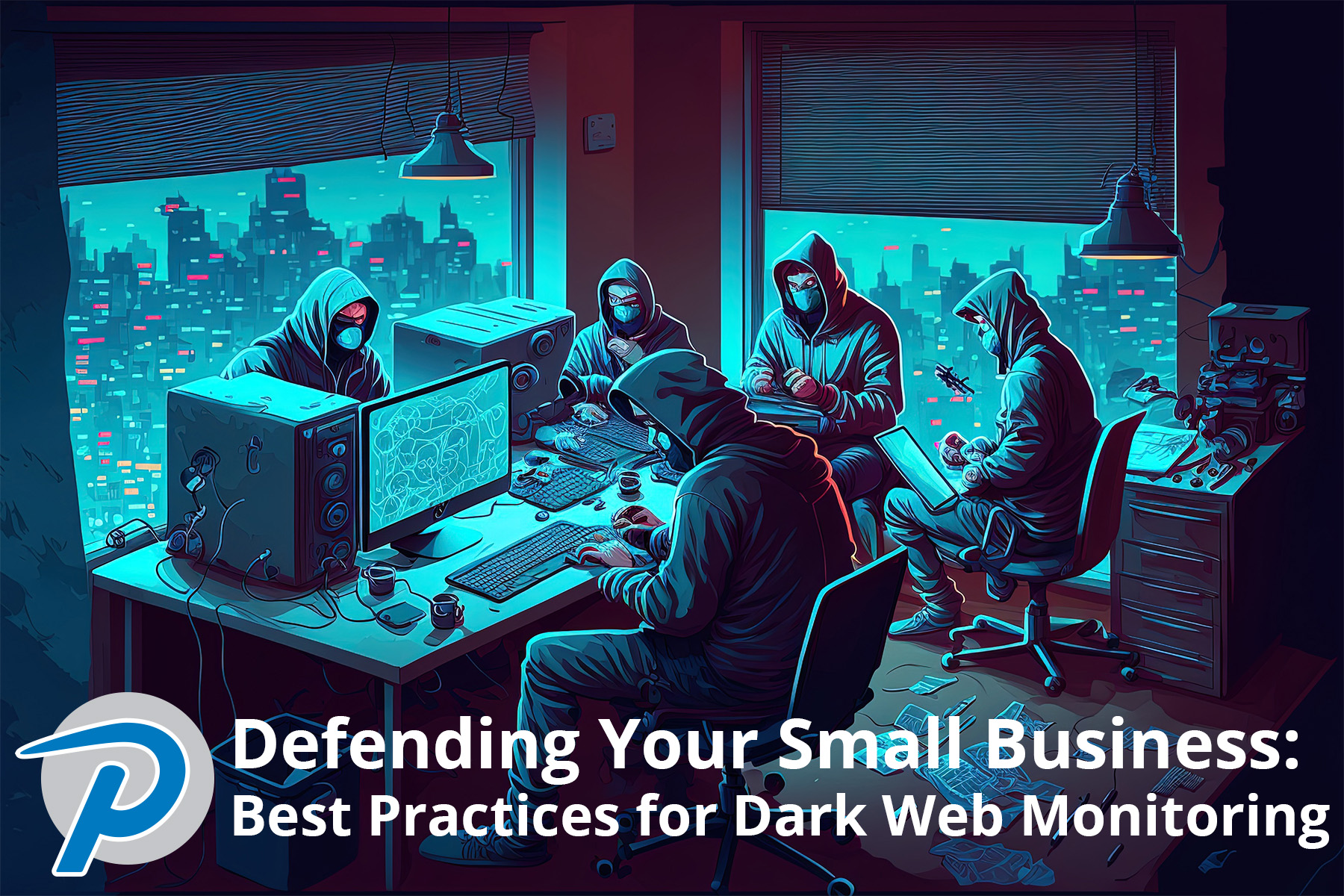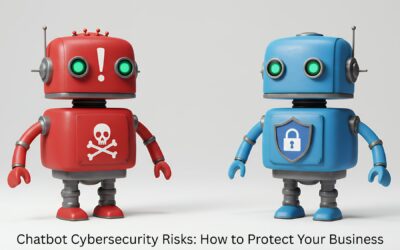The dark web is a hidden corner of the internet often used by cybercriminals to host a full-blown marketplace to buy and sell stolen data, including login credentials, credit card information, and personal data. Small businesses are not immune to the risks of the dark web, and in fact, may be more vulnerable due to their limited resources for cybersecurity. Small business owners can stay aware of potential threats and take proactive measures to protect against major cyber incidents through dark web monitoring, but there are best practices for dark web monitoring success.
Dos:
- Set up alerts for suspicious activity: One of the most important things small business owners can do when monitoring the dark web is to set up alerts for suspicious activity. This can include alerts for mentions of your business name, your employees’ names, or your company’s sensitive data. By setting up these alerts, you can stay on top of potential threats and respond quickly if needed.
- Regularly review reports and alerts: It’s not enough to simply set up alerts and forget about them. Small business owners should make it a point to regularly review reports and alerts from their dark web monitoring tools and services. This can help you stay up to date on the latest threats and take proactive measures to protect your business.
- Stay up to date on the latest threats: The dark web is constantly evolving, and new threats are emerging all the time. Small business owners should stay up to date on the latest threats and trends in order to effectively monitor the dark web. This can include reading industry publications, attending webinars, and consulting with cybersecurity experts.
- Act on alerts and incidents: When you receive an alert or notice an incident on the dark web, it’s important to act quickly and decisively. This may involve notifying law enforcement, changing passwords, or taking other steps to mitigate the threat.
Don’ts:
- Fail to act on alerts: Setting up alerts is only half the battle. If you receive an alert and fail to act on it, you may be putting your business at risk. It’s important to have a clear protocol for responding to alerts and incidents.
- Assume you’re immune to threats: No business is immune to threats on the dark web. Small business owners should take steps to protect their business, even if they don’t think they’re at risk.
- Neglect other cybersecurity measures: Dark web monitoring is just one part of a comprehensive cybersecurity strategy. Small business owners should also implement other measures, such as strong passwords, multi-factor authentication, and regular backups, in order to protect their business.
Overall, dark web monitoring is an essential piece of any small business’s cybersecurity strategy. By staying aware of potential threats and taking proactive measures to protect their business, small business owners can mitigate the risks of the dark web and keep their customers’ data safe. Click here to learn more or to get started with a FREE dark web scan.




